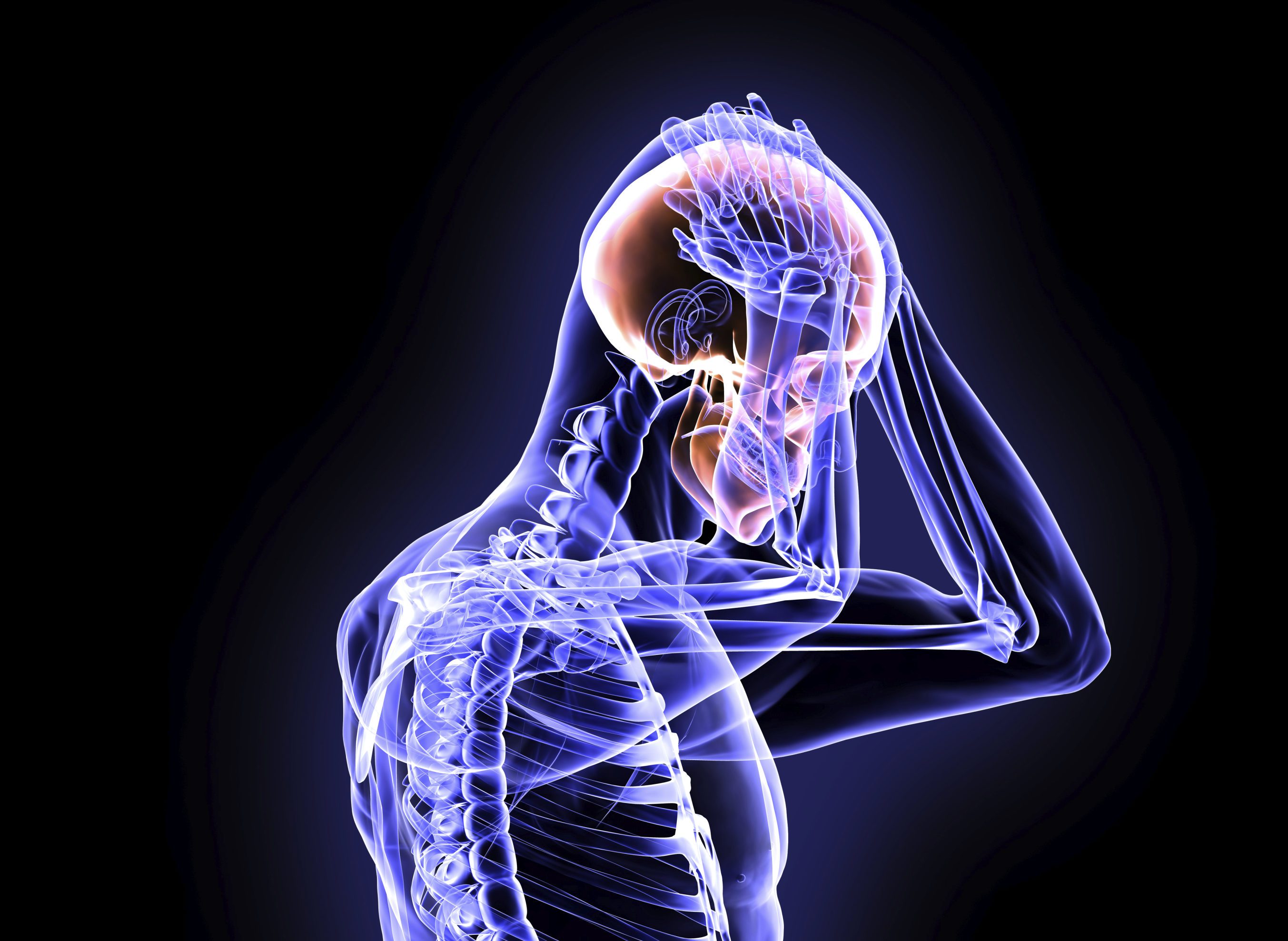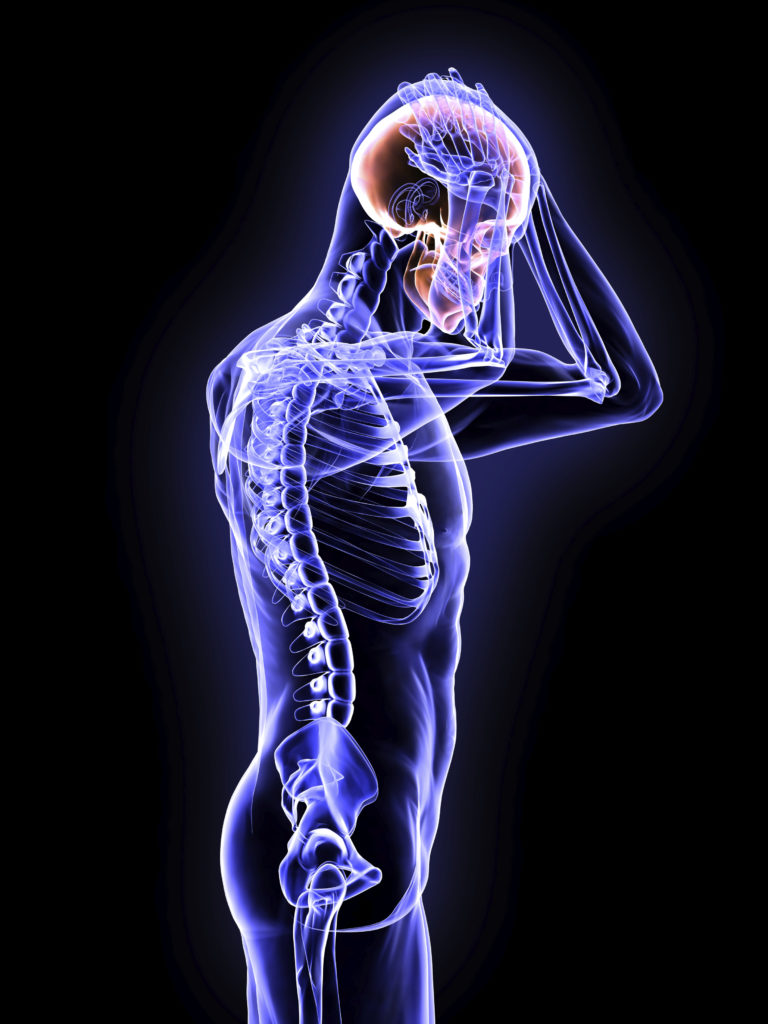Tri mentality: What you need to know about sports concussions

— By Dr. Christopher Willer
As we see sport heating up for the upcoming season, I wanted to touch on an oft forgotten aspect of triathlon, namely the effects of sport-related concussion on the mind. When we think of injuries associated with triathlon, concussions don’t top the list. However, triathletes can get concussed by getting punched accidently in the mass swim start or by crashing on the bike.
There are guidelines for returning to sport after concussions for most sports generally and if you get a concussion you should work with your doctor to find a balance between getting back to triathlon when you are physically ready and paying attention to the mental health symptoms of concussions too.
There have been recent review articles about the mental health risks after a concussion, highlighting this important public health topic of safety in sport. They reveal evidence of long-lasting mental health problems in adults who sustain concussions including depression, behavioural changes, and cognitive difficulties for those who have suffered repeated concussions, called chronic traumatic encephalopathy (CTE).
One article in particular also looked at the mental health complications resulting from concussion in children. The findings from the studies reveal that children are at risk of mild traumatic brain injury through participation in sport, but that many who suffer concussions won’t have long-lasting health issues. The tip as always for children and youth participating in triathlon is to have a proper-fitted bike helmet and guidance around safety with group swimming, pack riding, or off-road running to reduce the risks of injury of all types while they enjoy the triathlon community and all the positive aspects of participation in sport. The same advice applied to adult triathletes.
What to do with this information? We continue to research how to recognize early mental health problems after someone sustains a head injury, what to expect from a concussion, and how to actively treat and assist in recovery. We need to be aware of the risks of concussions and subsequent mental health issues (however uncommon) that can occur while we enjoy the triathlon training and racing season.
Check out the following tips for promoting recovery from concussion from The Toronto Rehabilitation Institute:
- Avoid continuing active sport too early where you would be prone for re-injury
- Do no use drugs or alcohol during your recovery
- Get adequate sleep
- Gradually increase activities and do not simply rest
- Do try to exercise regularly
- Focus on your gains however small or slow
- Talk with your doctor if you have mental health symptoms like depression or anxiety
- Engage in self-care and use your network to help your recover.
Dr. Willer is a psychiatrist at St. Michael’s Hospital in Toronto and an avid triathlete for the past 18 years.

